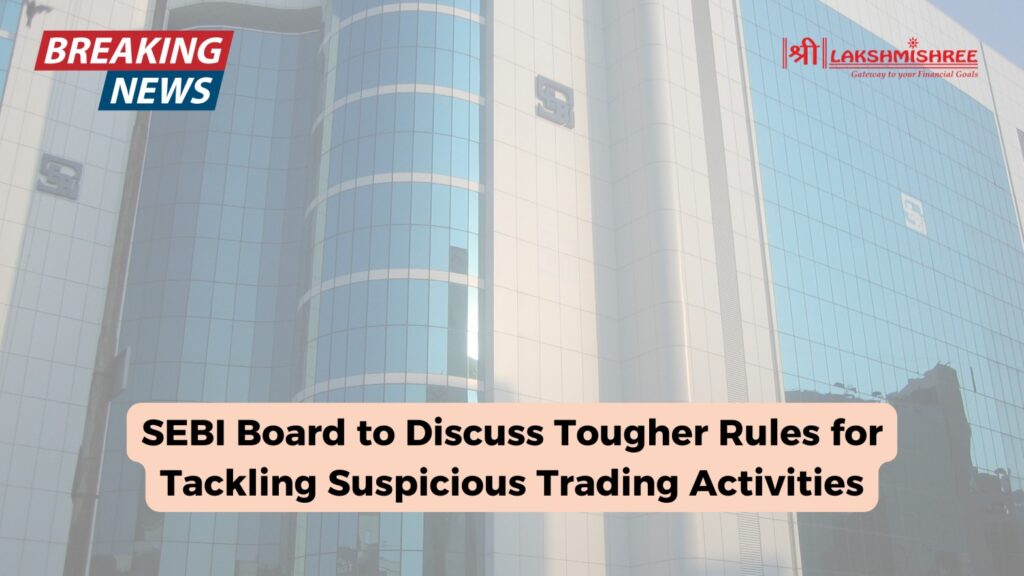The Securities and Exchange Board of India (SEBI) will meet in Mumbai today to deliberate on introducing stricter regulations to combat suspicious trading activities. A key agenda is the proposed SEBI (Prohibition of Unexplained Suspicious Trading Activities in the Securities Market) Regulations, aimed at empowering the regulator to launch investigations based on suspected fraudulent activities or unusual trading patterns, even without concrete proof.
Current Framework vs. Proposed Changes
At present, SEBI can only initiate formal investigations when sufficient evidence of wrongdoing exists. The proposed rules aim to tackle sophisticated frauds where wrongdoers hide their tracks using advanced tools, encrypted communication, and complex financial arrangements.
The regulation seeks to address issues such as:
- Insider Trading and Front Running: Especially cases where private, material non-public information (MNPI) is exploited.
- Complex Evasion Tactics: Use of encrypted platforms like WhatsApp and FaceTime, mule accounts, and layered fund transfers.
- Unusual Trading Patterns: Activities that raise suspicion but lack immediate, traceable evidence.
Resistance and Concerns Over Natural Justice
The proposed regulation has sparked debate due to its approach of presuming guilt until innocence is proven. Critics argue it contravenes the principle of natural justice, which assumes an entity is innocent unless proven guilty.
However, SEBI counters that similar provisions exist in other laws. For instance:
- Income Tax Act, 1961: Allows presumption of income from unexplained cash credits.
- US Securities Act, 1933: Permits charges based on certain presumptions, refutable by satisfactory explanations.
SEBI argues that such regulation is required to keep pace with the trend of securities markets adopting new and ingenious methods of avoiding detection.
This is bound to enhance SEBI’s power in the quest for transparency and elimination of malpractice in India’s emerging financial markets. This law, if implemented, could deter fraud trading in the market, and the interest of the investors could be safeguarded. In actuality, such a step is most likely to be legally and politically fought back by a substantial percentage of stakeholders.
Watch this space for further developments as SEBI’s board takes a call on the promulgation of this far-reaching regulation.
Do you have a news tip for Lakshmishree reporters? Please email us at media@lakshmishree.com
Source: Moneycontrol

News Desk



